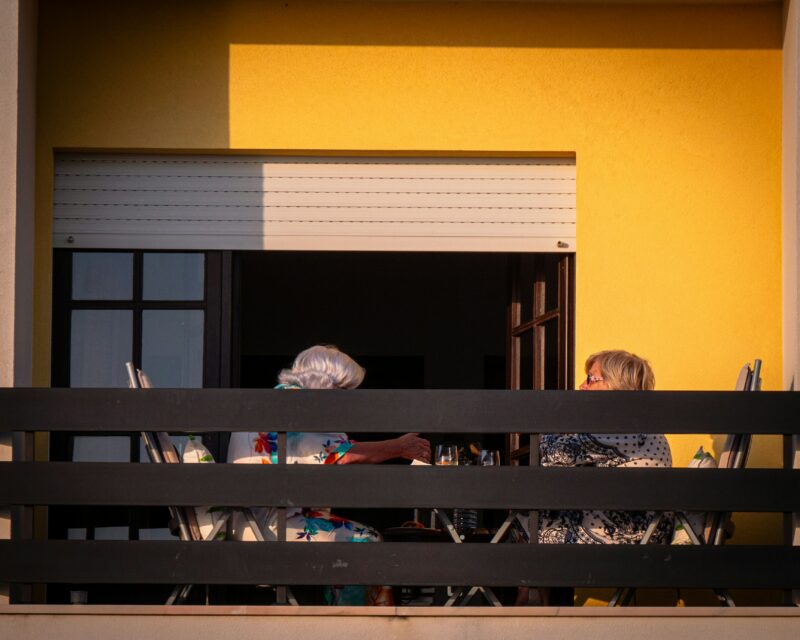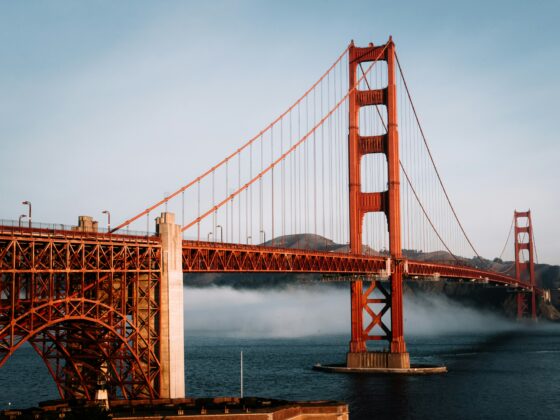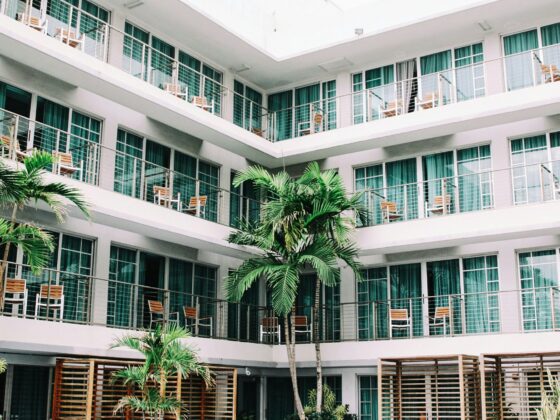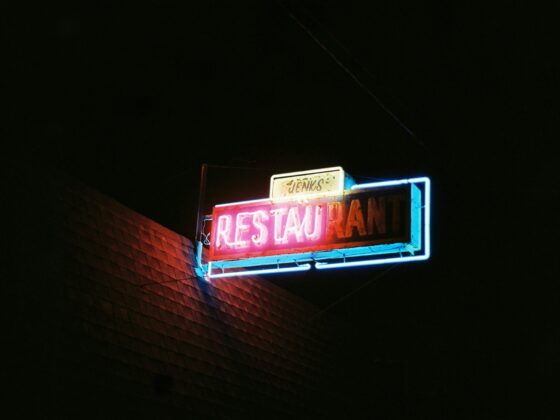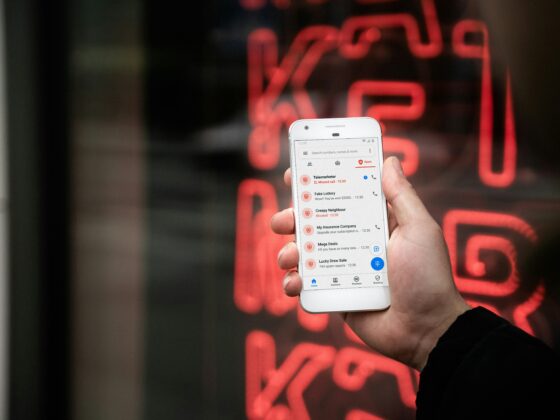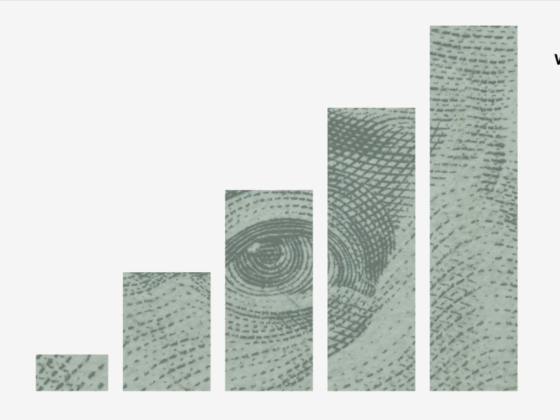Overtourism is fake news. Here’s why (3/5).
💥 The third myth around overtourism: it suggests that tourism is the major force of change in a destination. In reality, it often confuses correlation with causation.
♟️ Critics point to Airbnb and say: rising housing prices are caused by tourism. Or they highlight how souvenir shops replace local bakeries, driving out cultural identity. These things do happen. But are they unique to tourism? Hardly.
💰 Housing prices soar in university towns, economic growth hubs, and gentrified neighborhoods – often pushing locals out. When I graduated, I couldn’t afford to live in Bruges or in Leuven. In Bruges, tourism gets the blame. In Leuven, it’s the influx of students, academics, and entrepreneurs. But nobody calls for banning universities. Likewise, Brussels faces skyrocketing prices due to EU institutions and expats. No one suggests shutting them down.
👜 The same with shops. High streets worldwide are changing, shaped by globalization and cost structures, not just tourism. Bakers and butchers disappear from villages where demand is too low and rents too high. Yet only in tourist cities do we scapegoat tourism for these shifts.
⁉️ So, three questions we should be asking:
1. To what extent are other cultural and economic drivers responsible for these changes? Wouldn’t many of them happen even without tourism?
2. If tourist towns are attractive for visitors, isn’t that intrinsic quality also a reason to live in and thereby driving housing demand?
3. Why do we blame tourism for changes we accept – or even celebrate – when they come from universities, institutions, or global commerce? Is it because tourism is visible, or because tourists have no political representation?
💡 Some inconvenient questions remain. If housing is unaffordable, have we looked at building more? If shops are changing, are we addressing cost structures? And most importantly: if so many locals shift towards tourism businesses, does that not reveal failures in broader economic diversification?
👉 Next up (4/5): why overtourism wrongly creates an impression of permanence, while in reality the problem is about peaks. Time to talk about spreading visitors in time and space.

